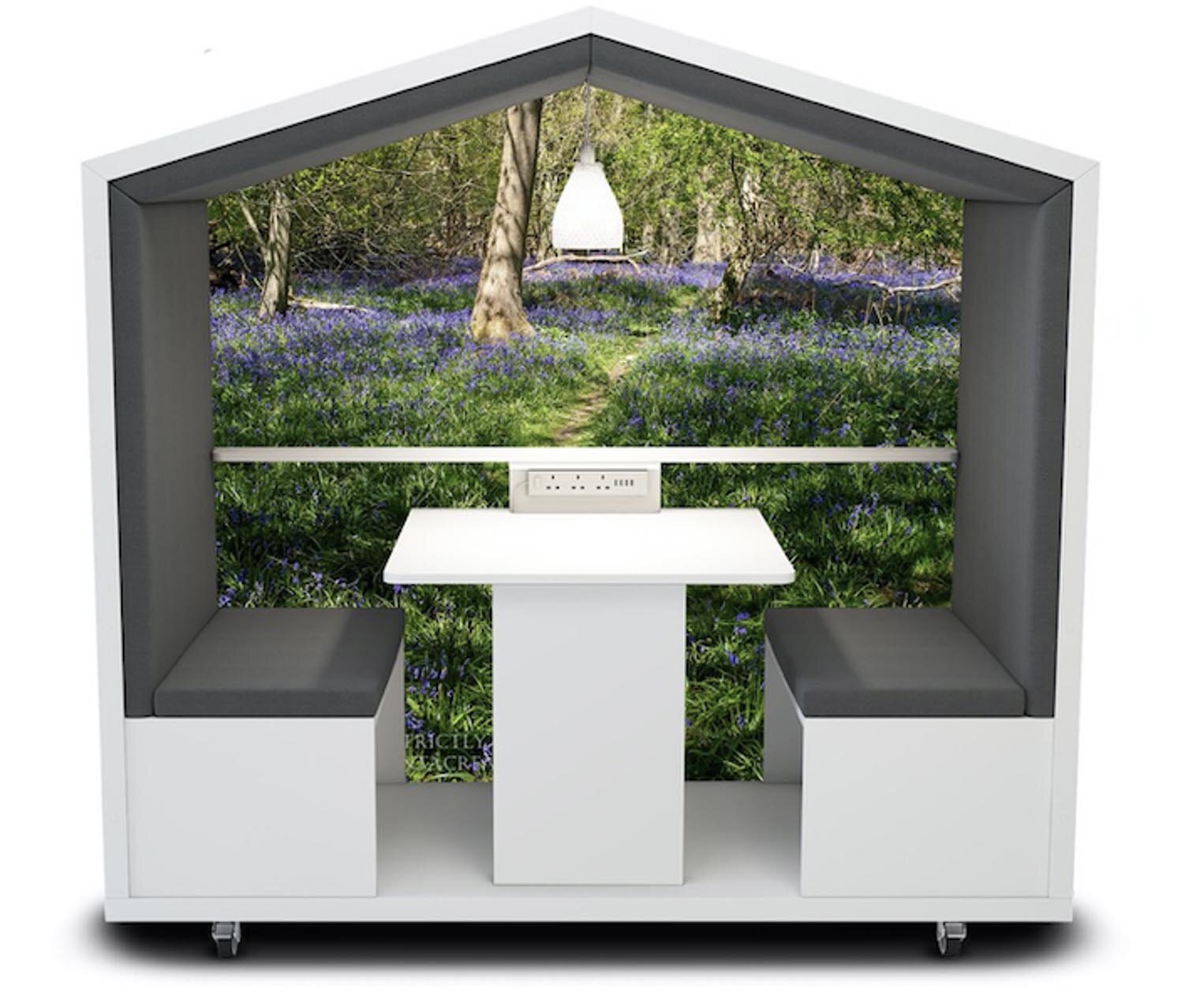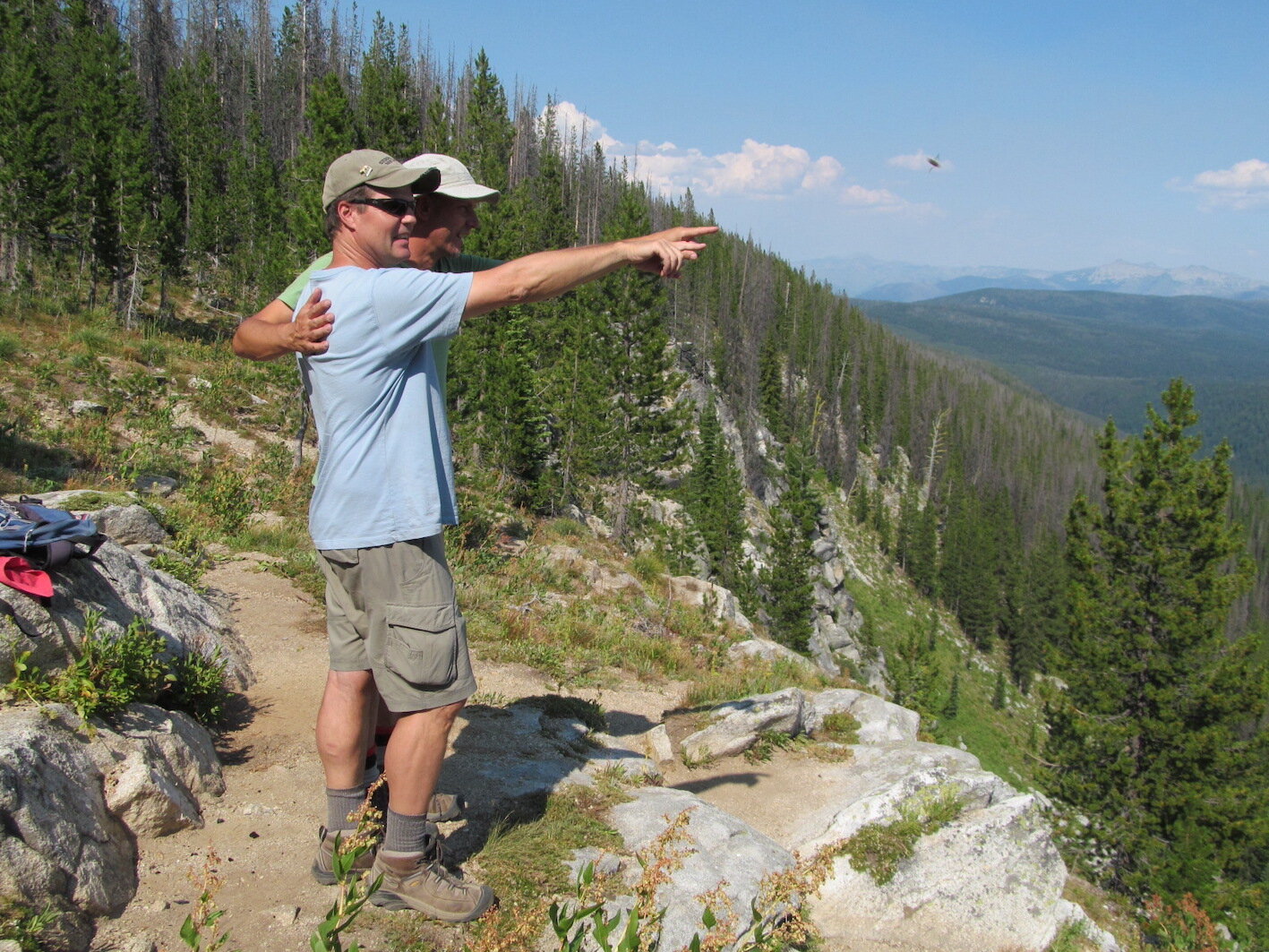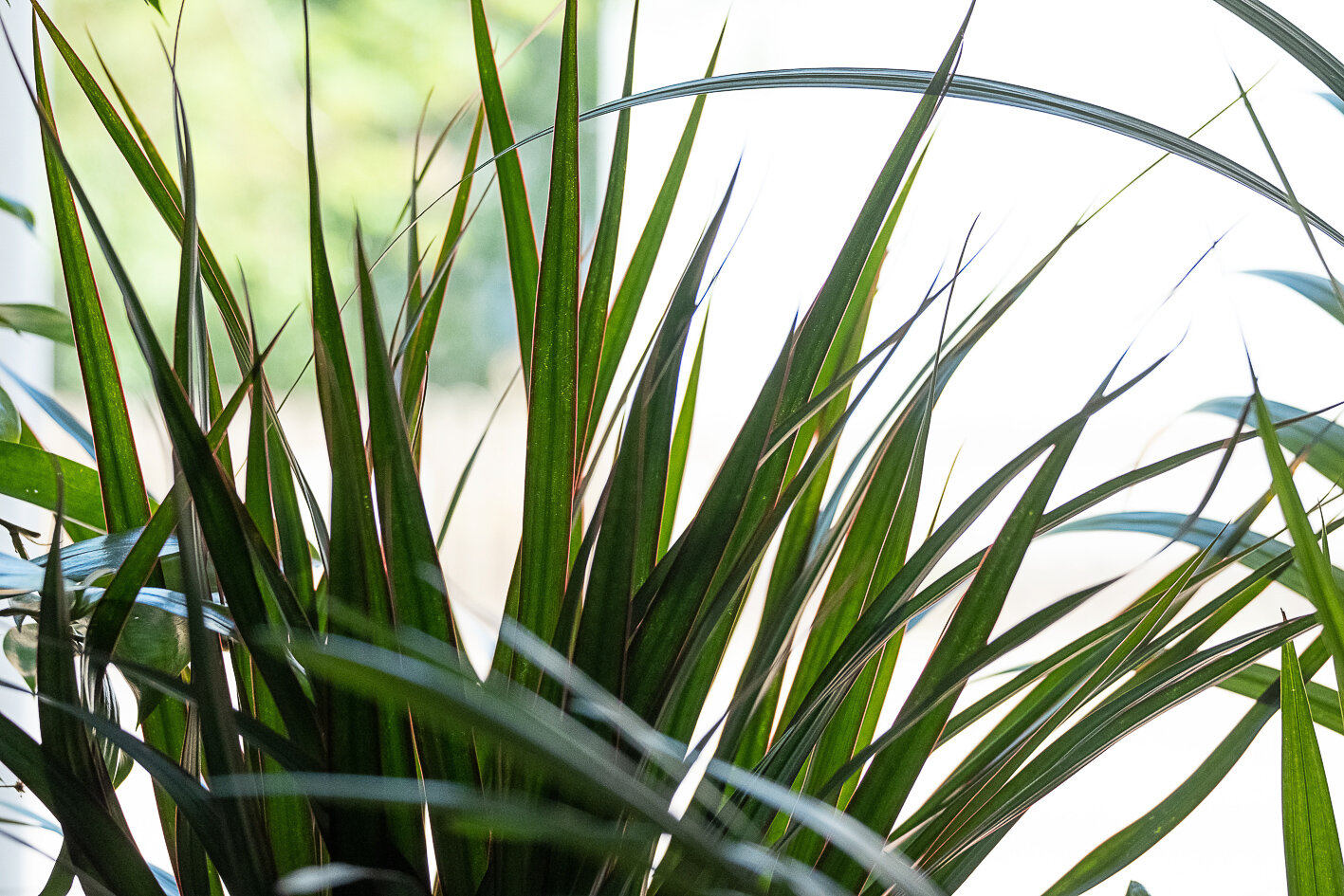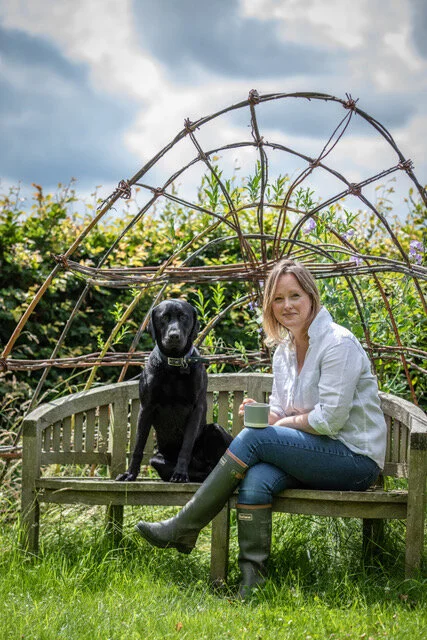Daniel Bell is an award winning landscape garden design guru, he is also a pioneer of successful eco sustainable vertical gardens. We catch up with him to find out what he plants, why he uses the system he does and how it works. He gives us a demo in the video as well, which is really well worth watching. He was inspired by French botanist, Patrick Blanc, and went on to champion this incredibly low-tech vertical garden solution…
Biophilic Design in the Ancient World
Yes, you read that correctly! Over 2000 years ago the Romans were designing homes with outdoor spaces and were also creating virtual nature walls. They had ambitions to create healthier cleaner air, wanted improved scents and less noise pollution specifically to improve health and wellbeing. I speak with Dr Patty Baker, about her research on identifying the connection between Roman conceptions of “pure air” and physical and mental health in Pompeiian gardens, and especially on the mutli-sensory approach the Romans took to ancient medicine…
Designing for Extremes
Designing for extremes for the benefit of the mean, creates a solution that’s good for us all. 69-90% of our time at work is focussed on what we call, “deep work”, as little as 40-10% on collaborative activities. Of course depends on your job, but that’s some averages that are worth considering. Having 15 minutes to recharge is really important. Somewhere which gives you acoustic relief as well as some “you” time is important, somewhere you don’t have to be “on” or be in the spotlight or be judged. Personalising your workspace is really important, and this is not the first time, nor will it be the last, that we’ve discussed how human-centric design is paramount to creating better places for us to work in…
Indoor Garden Design
Ever struggled with over watering your plants? Or going the other end of the spectrum and leaving them like they've had a month in the Sahara? There are tips on different plant species which are great ideal starter plants, plus also advice on which plants are best for helping get rid of air pollutants. At the end of the podcast, you too will be excited about creating green spaces in your workplaces and homes…
Biophilic Design in the New Workplace
Creating New Environments with Plants and Biophilic Design - Personalisation of space is a key message in this podcast with Kenneth Freeman, Biophilic Design and horticultural consultant. He shares with us, tips on how Biophilic Design supports and benefits the whole person, how it enhances a whole sensory environment. Some designers might separate off those elements from Biophilic Design, but they are all an integral part, including views, improved acoustics, lighting, ergonomics and when used together provides us with an holistic solution. It's all about comfort…
Your Life Nature
When was the last time you took a “nature break”? Hobie Hare, founder of “Your Life Nature” encourages us not only to take some time and get out into nature but also to bring Biophilia into our homes, with reminders of positive emotions, maybe it’s seashells from the beech, or a photograph that conjures an emotion that resonates with you…
Planted Cities
There’s an awesome event coming up in London which you should attend if you can. Planted Cities. It is going to be held in one of London’s greatest regeneration success stories and is run by Deborah Spencer who set up Design Junction, one of the biggest design shows in Europe for the last decade and Sam Peters, former Sunday Times journalist. We speak with Sam, to find out more about it. Planted is all about reconnecting people…
Botanic Shed 10 minute tip - 1 Soil
In the first of a series of short 10 minute podcasts with our partner Lara Cowan at The Botanic Shed, School of Nature, where she shares tips and science on why and how nature is good for us. Today we talk about Soil. You will learn some surprising facts about soil, from he smell, the bacteria, the negative ions therein and more. She also suggests a few things you can plant out at the weekend, from Broad beans to leeks… to get you out of the house and engaging in the gorgeousness of soil..
Wild Urban Spaces - Bringing the Miyawaki Method to Cities
Rapid Growth Urban Forest Creation... to me it seems like a dream concept, being able to rewild urban environments quickly to help the environment, bring biodiversity, create wildlife corridors, rooftop forests, school bee forests, support community and individual health and wellbeing and more... The Miyawaki Method of rapid forestation is based on observing and mimicking nature. These forests are maintenance free in 3 years. This is a fascinating conversation with James Godfrey-Faussett, founder of Wild Urban Spaces, practitioner and advocate of the Miyawaki Method, where you will learn how James and his team densely plant indigenous trees at a mix of canopy heights, which kinds of trees, where you can go an see and experience one…
Support your body the Biophilic Way
Learn how to boost your immune system, create foundations of health, how you can support your body to help recuperation and establish foundations of health using nature. The Journal of Biophilic Design is all about how we can bring nature and natural elements into our spaces and lives to make our lives happier and healthier. One of the key things is of course our health. We speak to Owen Wiseman, an inspirational medical advisor based in Canada whose practice is based on naturopathy. We chat about everything from supporting your body with green exercise to how natural light can make a difference..
From Veterinary Science to a Wellbeing Biophilic Economy
Fascinating and positive conversation with Glen Cousquer, covering biology, philosophy and the concept of the self, we talk conservation medicine, experiential education including getting outdoors, and exploring the concept of listening not only for human relationships but also listening to the living world around us. He is a qualified Vet, but after realising how there were underlying issues affecting different eco systems he moved away from the traditional veterinary model into developing a more holistic approach to health and welfare concerns…
Botanic Shed - School of Nature
Lockdown Office Blues? How Biophilic Design can revolutionise your workplace at home and in the office.
At the end of this podcast you’ll be well-armed with enough interior design tips all based on science, to transform your office to create the best environment to help you focus, be creative, stay calm, feel rested and be productive! You will learn how to move your furniture around to create a prospect and refuge scenario to help you get more done, how wood grain helps you feel more comfortable, why views of natural elements, and views of nature are important, why you need natural light to enhance our circadian rhythm, how to change the soundscape and scentscape in your offices and homes to help keep everyone happy and relaxed and able to focus!
Sustainability meets Design elegance - the LINK Design
Biophilic Design has so many aspects to it, it is not just plants, greenery, light, colour ways, it is also about using natural materials in products, using natural materials to enhance a space and provide happiness and comfort to those using it. I spoke to the design team of AAID, Allen Architecture Interior Design, working together they created an hexagonal modular wall system made out of sustainable local and recycled materials which also employ local artisans and labour. Just as we do, each 'LINK” block relies on the one below, and can be adapted as shelves, planters, like little pods. Obviously the hexagon is an important shape in nature, just look inside a Bee Hive.
Why do we need Biophilic Cities?
Dr Joanna Leach is research fellow at the University of Birmingham. This is a fascinating podcast where some surprising green initiatives being implemented in Biophilic Cities are discussed, think bats and bridges as well as incredible edible towns. The more connected we are with our environment and nature the better. Imagine a city where we can see nature, smell fresh air, hear bird song. Dr Leach makes the really valid point that cities are not 'natural' entities, they are heavily engineered spaces, they are dense, and their impact goes far beyond their borders. We need to think of new ways to improve the environments while also improving the infrastructure of the spaces.
Living in Harmony with the Earth brings Good Fortune
How can we as Biophilic consultants embrace the Five Elements of Feng Shui to further understand our environment we live and work in, how we relate to our spaces and also how living more intuitively with the elements of nature can make a difference to our wellbeing, future planning, confidence and actually getting off our backsides and doing something. Another fascinating conversation with Luminous Spaces founder, Maureen Calamia, who has developed a practice of Biophilic Design based on the 5 Elements.
Oliver Heath - How to create Happiness, the benefits of Biophilic Design
Biophilic design principles allow us to bring elements of nature into the built environment, especially into those places where we experience a great deal of stress. Our connection to nature can unlock so many benefits, stress washes off us, we become different people, we can think more holistically about our life and where it’s going. The impact the buildings we inhabit and work in have an enormous effect on our lives, especially now with the restrictions placed on us as a result of the Covid epidemic. With an onset of almost cabin fever, we are recognising the fact that the building we surround ourselves with has a huge impact on our physical, mental and emotional states. Nature can play a valuable role, the benefits of plants and greenery, adding personalisation, direct influence over a space, improve air quality, sunlight, fresh air, easy to improve spaces. S..
Nature and Wellbeing in the Digital Age
Can technology and nature go hand in hand, can we use technology to embrace nature? If so, how? Technobiophilia is a new term coined by writer and researcher Sue Thomas. We speak with her about her book of the same name and also about Nature, Wellbeing in the Digital Age. Quotidian use of our device interaction throws up the most surprising benefits it seems, who would have thought that Grand Theft Auto or FarmVille would give us a potential escape route after work into nature, or how nature found its way into our metaphorical library to be an unspoken lexicon for cyberspace terminology.
Biophilia - A Handbook for bringing the Natural World into your Life
Sally Coulthard, designer and best selling author writes a great column for Country Living “Good Life in the Country.” Her recent book “Biophilia" - You, Nature, Home” is a ‘Handbook for bringing the natural world into your life’ and is one of the most beautifully crafted books I’ve read for years. It feels like you are holding nature in your hands. I was thrilled to interview her and get her take on Biophilia, why it’s important today, why cities and buildings should be weaving biophilic elements into their interior designs and urban planning. We chat about the interconnectedness of nature and our lives, how biophilia embraces many aspects and has many benefits not only from an aesthetic point of view but also environmental and on a more profound level as it reduces negative issues such as stress and improves positive aspects like helping sleep, air quality, nervous systems. The science is overwhelming.
The Conscious Nature Connector
If you are feeling overwhelmed at the thought of going back to work, or which way to turn now, you could well benefit from taking a leaf (excuse the pun) from nature’s book. Deborah Mendes, helps overwhelmed CEOs and business owners del with change and reconnect to their true and powerful selves through connecting with nature. The term biophilia highlights our connection with nature, so I was intrigued to learn more about how Deborah works. From the study of an intricate pine cone to just standing still and feeling strong within ourselves, grounding ourselves, rooting ourselves and expanding outwards, and growing can enable us to adapt, slow down, make atomic changes to help ourselves and those around us have better more productive, peaceful and happy lives.




















